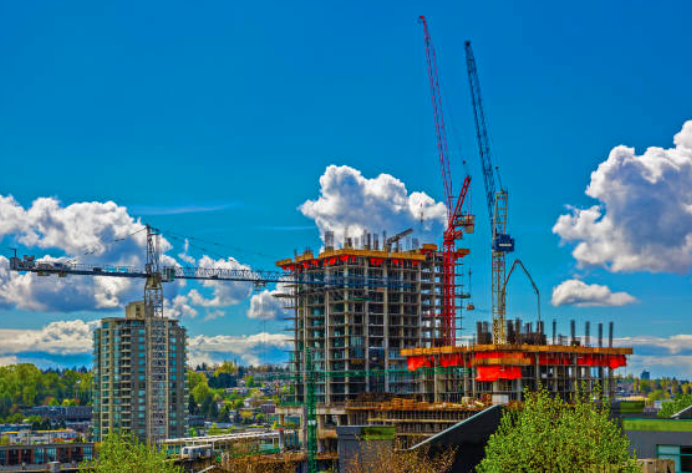
Posted on Sunday, September 29, 2024
When working on construction projects in Canada, it’s essential to adhere to strict building codes and environmental conditions that are unique to the region. Roll forming machines, known for their versatility, can be customized to meet the specific requirements of Canadian construction, particularly in roofing and structural applications. Here’s how these machines can be adjusted to ensure compliance and efficiency in Canadian projects:
Canadian building codes require materials that can withstand extreme temperatures, heavy snow loads, and moisture. Roll forming machines can be adapted to produce metal profiles that meet these requirements by:
In Canada’s varying climate, from the freezing north to the humid coastal regions, corrosion resistance is key. Roll forming machines can be modified to work with pre-coated metal coils, or integrated with systems that apply protective coatings during the production process, such as galvanization or weather-resistant paint. This ensures the final products are equipped to resist rust, wear, and other environmental impacts.
Given Canada’s energy efficiency requirements, particularly in cold climates, roll forming machines can produce insulated metal panels for walls and roofs. These panels often include layers of thermal insulation, which help buildings maintain indoor temperatures more effectively. Roll forming lines can be adjusted to integrate insulation materials during the manufacturing process, supporting both energy efficiency and compliance with LEED standards in Canada.
Canadian building codes require structures to be able to support high snow loads, especially in regions with heavy snowfall. Roll forming machines used in structural applications, such as those producing steel decking, purlins, or studs, can be adapted to produce heavier-duty profiles. Machines can be equipped to handle stronger steel grades or thicker materials, resulting in structural elements that can bear greater loads.
Automation is increasingly important in meeting tight deadlines and maintaining high-quality standards in Canadian construction projects. Roll forming machines can be equipped with advanced automation systems, ensuring precision in every component. Automation also helps ensure that the final products consistently meet the stringent requirements of Canadian building codes, reducing the need for rework or onsite adjustments.
By customizing roll forming machines to suit the specific needs of Canadian building projects—whether by adjusting profiles, working with specialized materials, or integrating insulation—manufacturers can ensure that they meet both the performance and regulatory demands of the market. These adaptations not only ensure compliance but also contribute to the production of durable, weather-resistant structures built to last in Canada’s diverse climates.

Used Purlin Roll Forming Machines for Sale Worldwide
Posted on Sunday, January 25, 2026
Pre-Owned Roll Forming Machines for Purlin & Structural Steel Profiles

Used Roof Panel Roll Forming Machines for Sale Worldwide
Posted on Sunday, January 25, 2026
Pre-Owned Roll Forming Machines for Roofing Panel Production

Used Roll Forming Machines for Sale Worldwide
Posted on Tuesday, January 20, 2026
Pre-Owned Roll Forming Machines with Inspection, Verification & Global Support

Steel Coil Supply for Roll Forming Machines Worldwide
Posted on Tuesday, January 20, 2026
Reliable Steel Coil Supply for Roll Forming, Fabrication & Manufacturing Applications
Copyright 2026 © Machine Matcher.